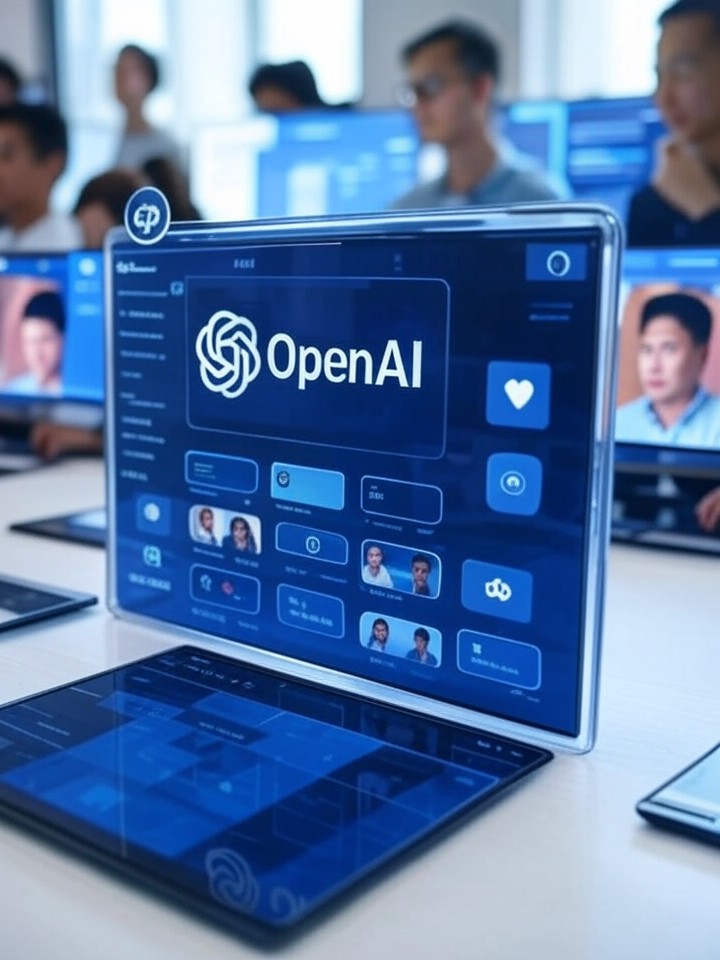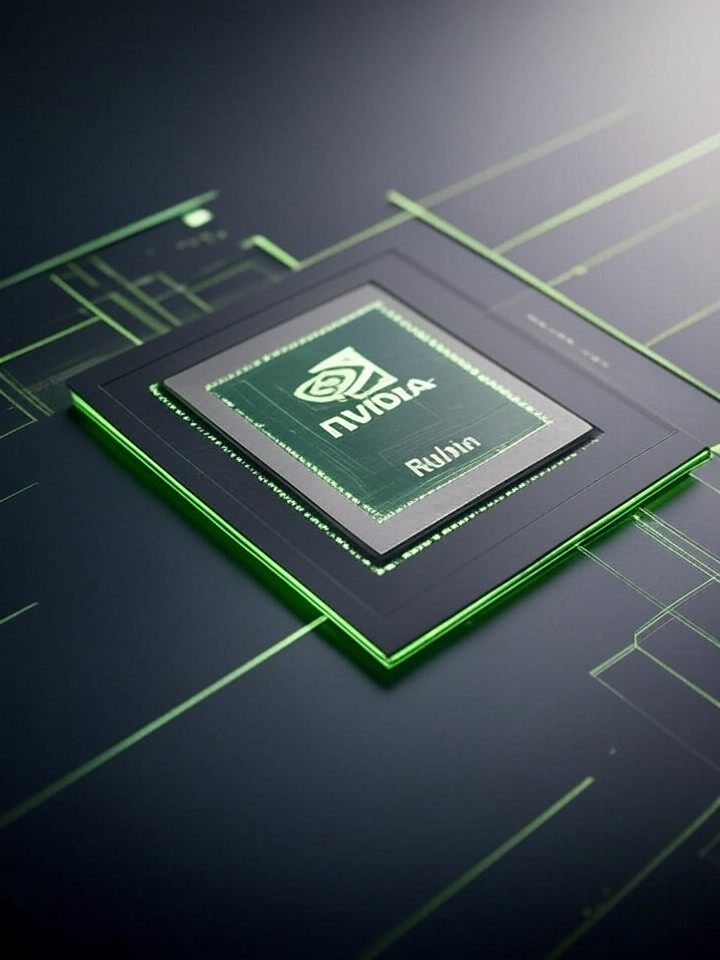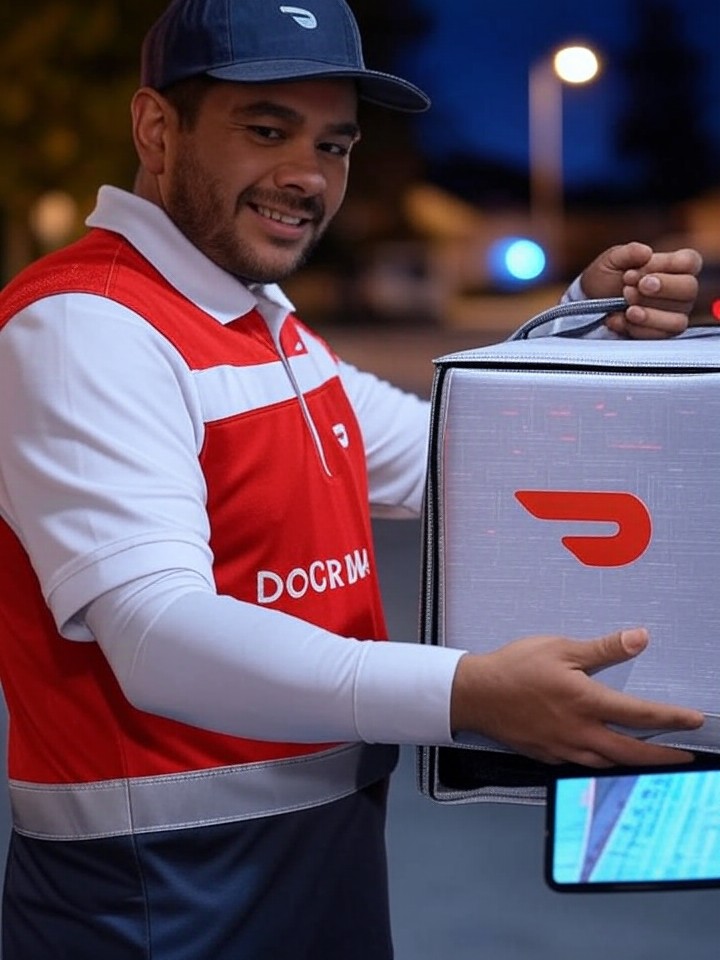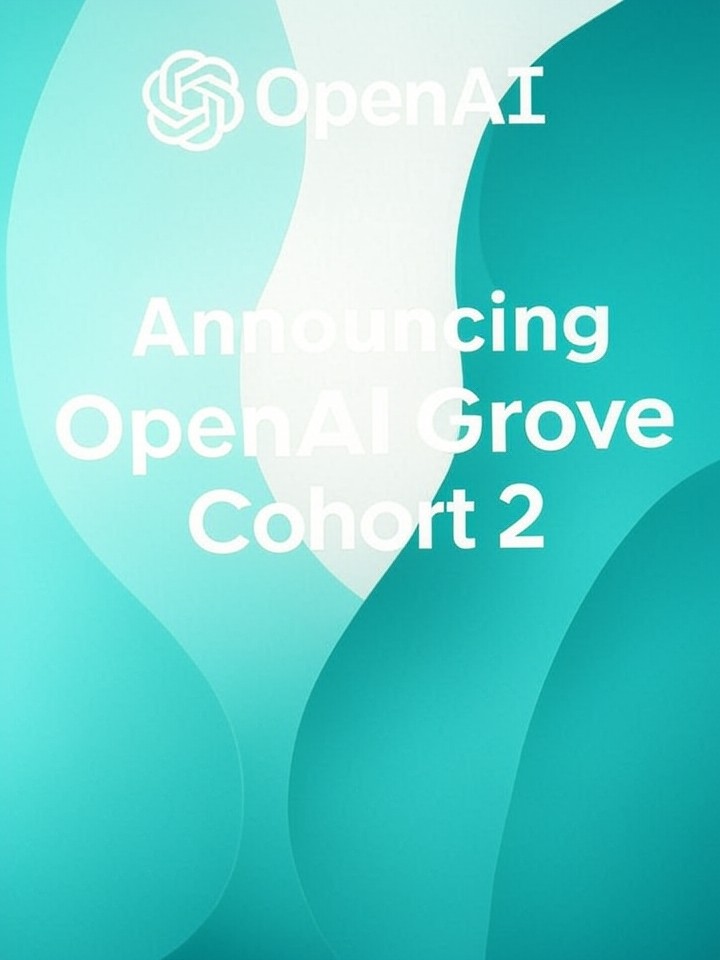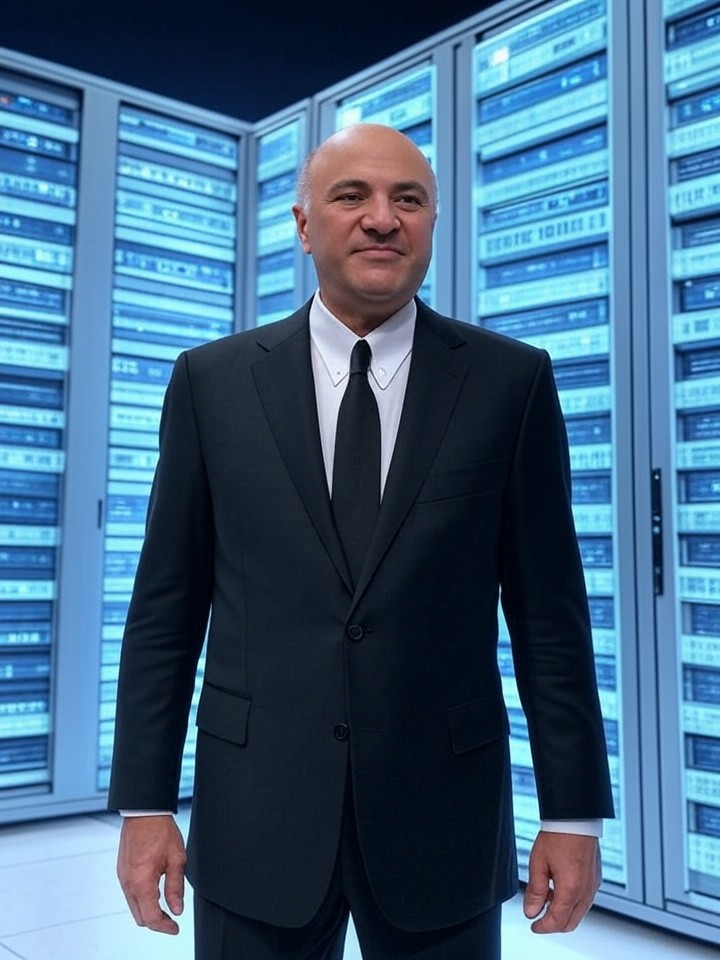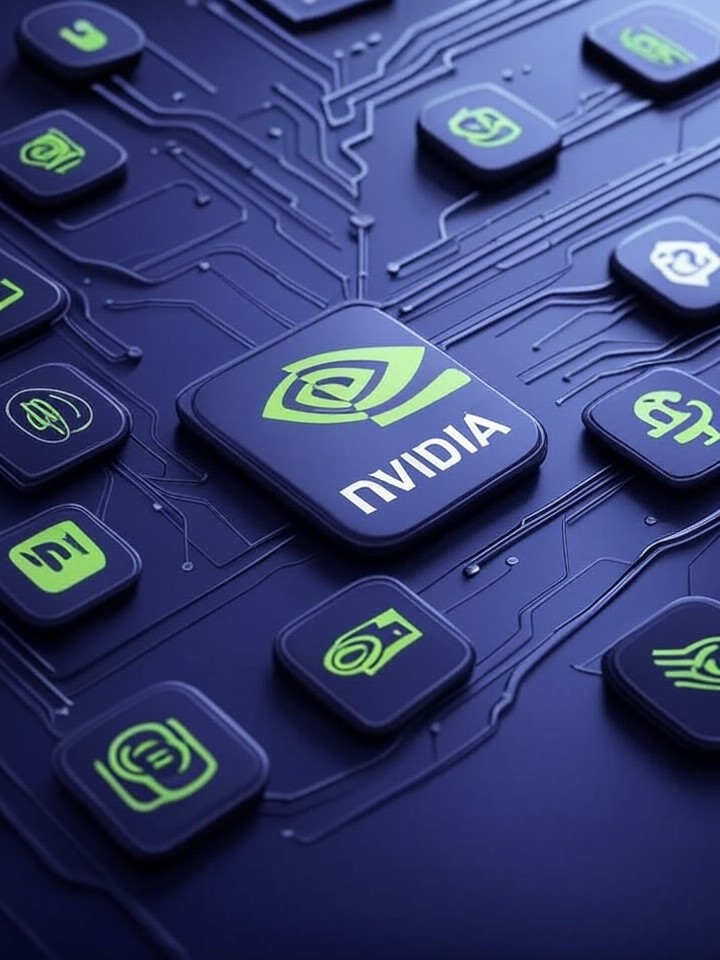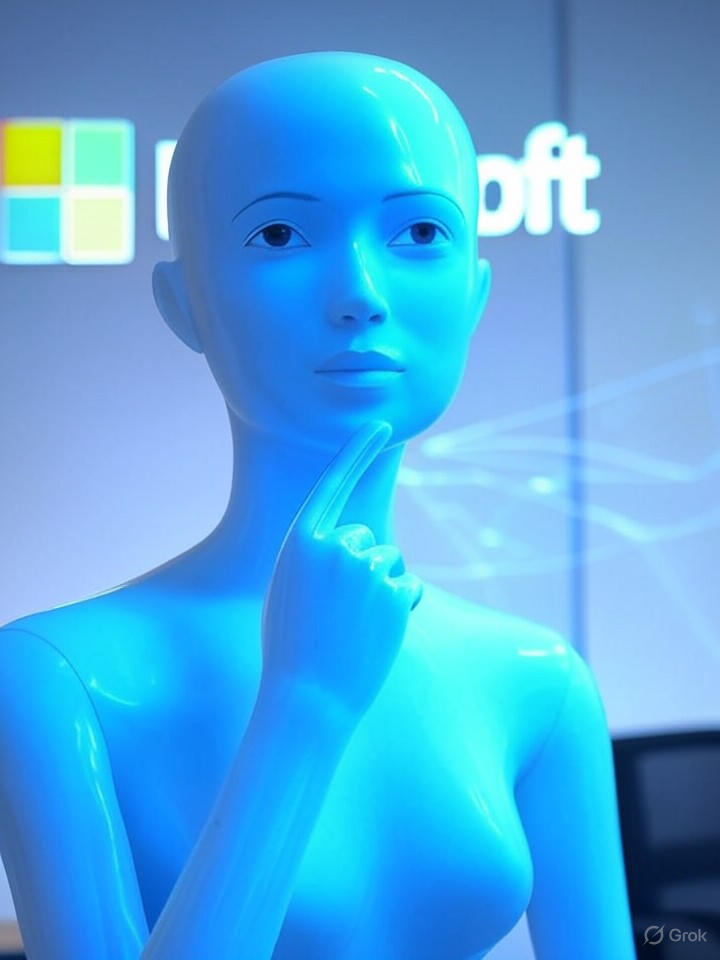Microsoft’s Next Big AI Bet: Building a Humanist Superintelligence
Microsoft is taking its artificial intelligence strategy to the next level with the formation of the MAI Superintelligence Team, an ambitious initiative focused on building what the company calls a ‘humanist superintelligence.’ This marks one of Microsoft’s most significant steps toward shaping the future of AI development and ensuring that advanced technologies evolve responsibly and ethically.
What Is a Humanist Superintelligence?
The concept of ‘humanist superintelligence’ goes beyond traditional artificial intelligence models. It emphasizes creating systems that not only exhibit unparalleled computational power and reasoning capabilities but also uphold fundamental human values. In essence, Microsoft wants to make sure that the next generation of AI doesn’t merely think faster—it thinks better, with empathy, fairness, and understanding woven into its design.
Mustafa Suleyman, a co-founder of DeepMind and now head of Microsoft’s AI division overseeing Bing and Copilot, describes this initiative as a way to ensure AI aligns with human intent rather than opposing it. His vision is that AI should serve humanity’s collective interests—enhancing creativity, productivity, and problem-solving without bypassing ethical boundaries.
Microsoft’s Expanding AI Vision
In recent years, Microsoft has positioned itself as a dominant force in artificial intelligence through deep partnerships, strategic acquisitions, and product innovations. The creation of the MAI Superintelligence Team underscores the company’s determination to move beyond incremental improvements in AI and toward foundational breakthroughs that can redefine industries and societies.
This new research unit will function as a hub for exploring advanced AI models capable of achieving superintelligence—systems that surpass human cognitive capability in problem-solving, pattern recognition, and reasoning. However, what sets Microsoft apart in this endeavor is its commitment to integrating humanistic principles at the core of its technological ambitions.
The Role of Mustafa Suleyman in AI Innovation
Mustafa Suleyman has been at the forefront of ethical AI research for over a decade. As a co-founder of DeepMind, he contributed to pioneering achievements that pushed the boundaries of machine learning. His move to Microsoft brought a renewed focus on responsible AI. Now, as the leader of the MAI Superintelligence Team, he aims to channel the company’s vast resources and talent into making superintelligent systems that remain beneficial to humanity.
In announcing this initiative, Suleyman emphasized that Microsoft plans to invest substantial resources—both financial and intellectual—into advancing research capable of bridging human understanding with machine cognition. The company’s approach will involve interdisciplinary collaboration across scientific, philosophical, and engineering domains to ensure that humanist ideals remain central as AI evolves.
Why Superintelligence Matters Today
The idea of superintelligence has long stirred fascination and concern. Experts have debated whether a machine exceeding human intelligence would be a utopian dream or a potential existential threat. Microsoft’s humanist approach attempts to steer the discussion toward building confidence and clarity in what AI can—and should—do.
By integrating ethical frameworks early in development, Microsoft hopes to avoid the pitfalls of unregulated AI deployment. This is particularly critical in a time when AI tools are influencing global markets, education systems, creative industries, and even democratic processes. A humanist vision ensures that rapid innovation doesn’t outpace our ability to control it responsibly.
Applications and Future Impact
Microsoft’s focus on humanist superintelligence could transform various sectors:
- Healthcare: Advanced AI models capable of diagnosing and predicting complex diseases with human empathy and ethical understanding could revolutionize patient care.
- Education: Intelligent systems that tailor learning experiences for individual students could dramatically improve accessibility and engagement.
- Business and Productivity: Tools like Microsoft Copilot may evolve to offer strategic insights that align business decisions with social and environmental responsibility.
- Scientific Discovery: AI-driven research could accelerate solutions to global challenges such as climate change, sustainability, and medical research.
Ethics and the Future of Responsible AI
In building a humanist superintelligence, Microsoft faces a complex task: ensuring that moral reasoning and technical performance advance in harmony. Ethical AI governance has become a central discussion point across the tech industry, and Microsoft has been proactive in introducing frameworks like its Responsible AI Standard to ensure that innovation remains under human oversight.
The company’s new Superintelligence Team will likely continue this tradition by embedding ethical considerations into the entire development process. The emphasis on transparency, accountability, and fairness will be crucial as these systems begin to make more autonomous decisions in real-world scenarios.
Partnerships and Industry Collaboration
Microsoft’s long-standing partnerships—most notably with OpenAI—have already positioned it at the heart of the AI revolution. The MAI Superintelligence Team is expected to collaborate not just with existing partners, but also with academic institutions, ethics boards, and global research foundations to exchange insights on safe AI advancement.
Collaboration will be key in ensuring that no single entity monopolizes superintelligence development. By fostering open dialogue and shared innovation, Microsoft intends to create an ecosystem that supports human-centered AI progress globally.
The Road Ahead for Microsoft AI
The formation of the MAI Superintelligence Team signals that Microsoft’s long-term vision stretches far beyond immediate technological gains. The company is preparing for a future where AI doesn’t merely assist humans—it collaborates with them to solve complex, multidisciplinary problems at scale.
However, achieving superintelligence brings challenges, including data privacy, interpretability, and safety. Ensuring that powerful models cannot be misused remains a top priority. Microsoft’s humanist orientation may serve as a guiding principle for other companies pursuing similar goals.
Conclusion
Microsoft’s new MAI Superintelligence Team represents a pivotal moment in the evolution of artificial intelligence. By merging cutting-edge innovation with humanist values, the company aims to cultivate a future where superintelligent machines elevate human potential rather than replace it. With Mustafa Suleyman at the helm, this initiative reflects a growing recognition across the global tech industry—that the future of AI must be not only smart but also compassionate, ethical, and deeply human-centered.
As AI continues to influence every aspect of modern life, Microsoft’s vision of a humanist superintelligence could help define how societies balance technological progress with the enduring need for empathy and understanding.


